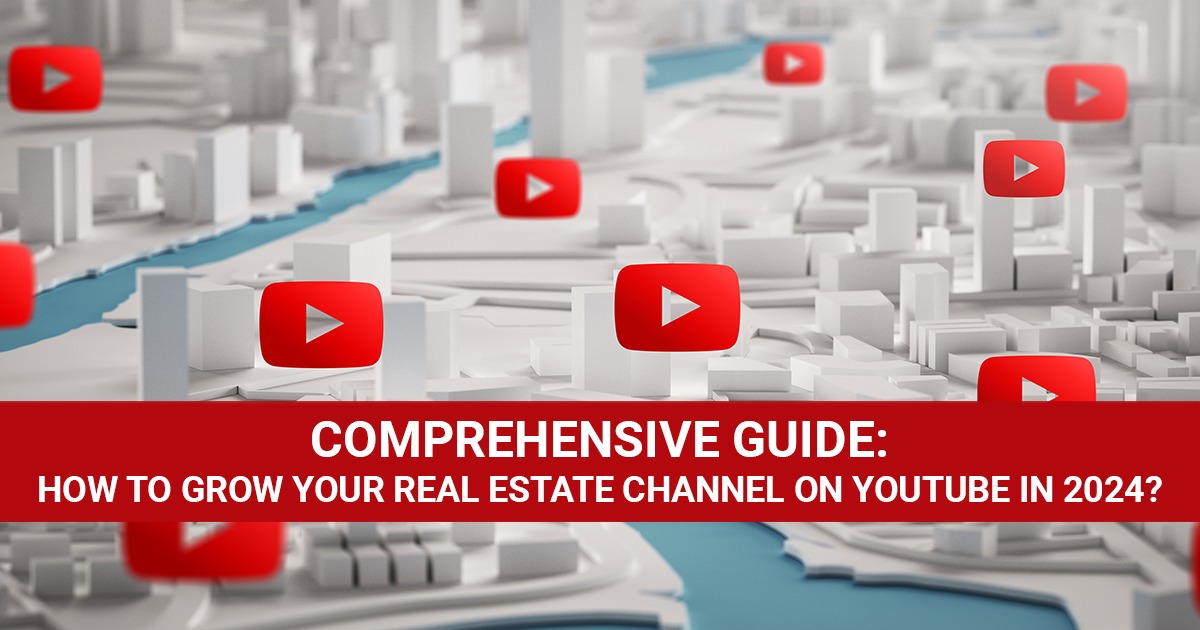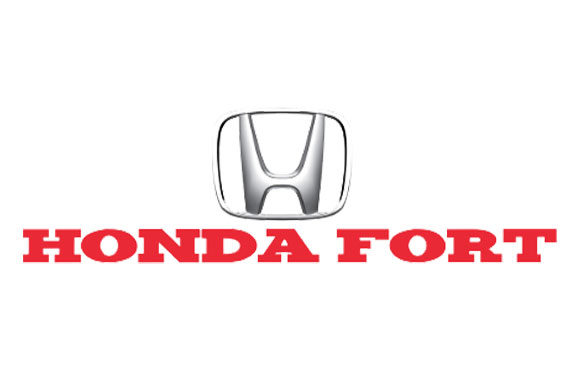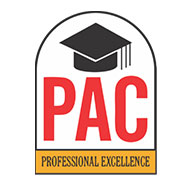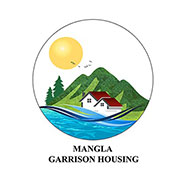Search engines seek to create the best possible user experience, providing the most relevant and useful information based on user search terms. If they do not, users will no longer rely on them for information.
This is good news:The more relevant user experience you’ve created, the better the search engine will be for your pages. By practicing good search engine optimization (SEO) habits, you can continually work to increase the position of your search engine results page (SERPs). Here are some SEO practices to succeed SERP.
Click Here : SEO Services
On page (your website) SEO practices:
1. Related Keywords:
Using the Keyword Tool can help you identify words that will help attract the most visitors based on popular search terms. Choose the most relevant and popular keywords for your business and try sorting different keywords on your web page.
2. Short, catchy and original title tags:
Title tags describe what your entire website is, and attract enough user attention (hopefully) to your pages. Select the title tag description with 55 characters, so that the SERPs are displayed well. Make title tags descriptive but short and sweet to help crawlers and users determine the relevance of your page.
3. Keywords at the beginning of page title tags:
Google places greater importance at the beginning of the title tag, so try keeping keywords first.
4. Keyword focused meta descriptions:
The meta description appears under the title tag on SERPs and gives users an opportunity to learn more about your company before clicking your site. The length of the meta description is 150-160 characters.
5. Proper sitemap:
Make sure that your website structure is up-to-date and easy to navigate. The better the site structure, the easier crawl programs in the search engine to find and index pages. The goal of the three-click rule – customers need to find what they need on your site in three clicks.
6. Properly structured, SEO-friendly URLs:
URLs help crawlers discover the subject and relevance of the page. Creating short URLs with your keyword using “-” instead of “_” between words as well as fixed words (instead of numbers) will help users and crawlers read URLs faster and easier. Also, try to use the root domains of the sub directory instead of the sub domains.
7. Link internally with anchor text:
The link internally adds to other web pages rich keyword links to each page. Internal linking helps search engines crawl and index your site, provide readers with more reading options, and improve the ranking of some of your keywords.
8. Outbound links:
Referring to and linking to reliable sources indicates that you are a useful online information administrator and ready to share page rank. On the Internet, sharing a useful care.
9. Website’s loading speed:
Search engines do not like slow pages as they know that users will not wait long for a website to load. Strive for lickity-split load times.
10. Really helpful content:
Create relevant content on your pages so that it’s easy to read, unique, useful and new with no flaws. Your content should be useful and relevant so that your target audience wants to stay on your page while others want to link to it.
Off page SEO practices:
1. Search engine submission:
It may take some time for search engines to find and crawl your site. You can help speed up the process by submitting your website to the famous search engines.
2. Local directory submission:
Providing business card information to specialized directories or directories creates more places where users can find you and reptiles can confirm your business information. Be sure to send NAP (name, address, phone number). If possible, location and category. A high percentage of searches are done by keywords instead of business name, so try to use category information whenever possible.
3. Social Media Marketing:
Be present in all relevant social channels and manage your reputation online. We strive to get your posts, posts and links by making use of 80% and promotional by 20%.
4. Video marketing:
Help users know your business by sharing relevant and useful videos on sites like Youtube, Vimeo, and so on.
5. Backlink outreach:
Win backlinks by doing public relations content to get others to read your pages and possibly link to you. The higher the quality of backlinks your web page has, the more powers, and more search engines will consider the page relevant and useful.
6. Forums and communities:
Answering questions in forums and communities (and your content too) can help build your reputation as an expert in the field.
For More : Digital Marketing Lahore



















